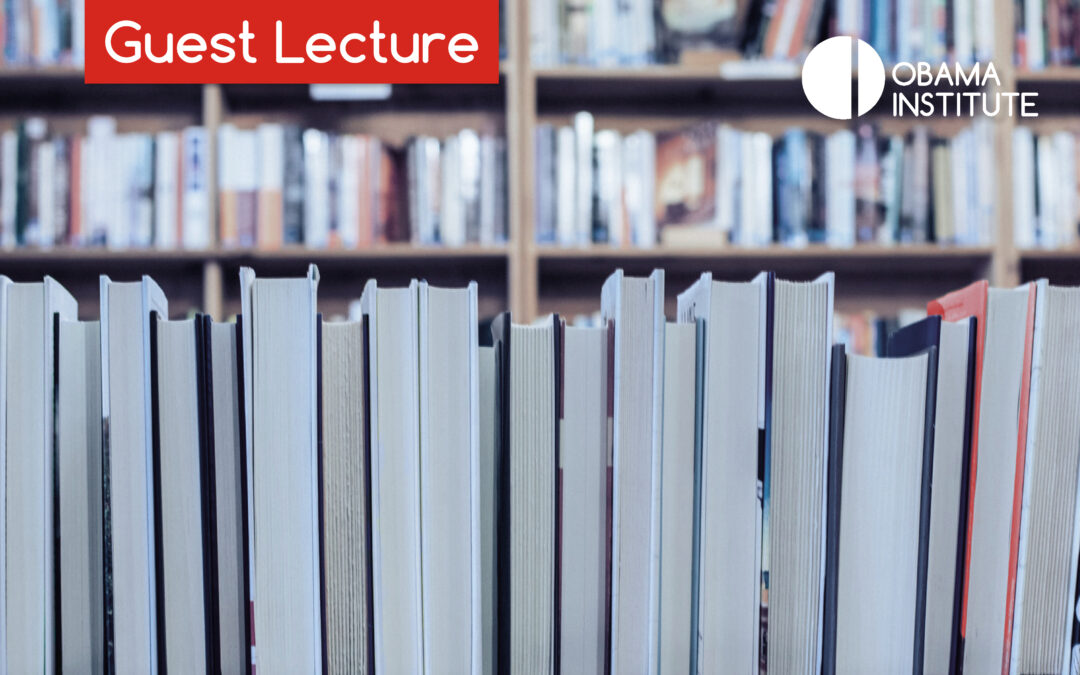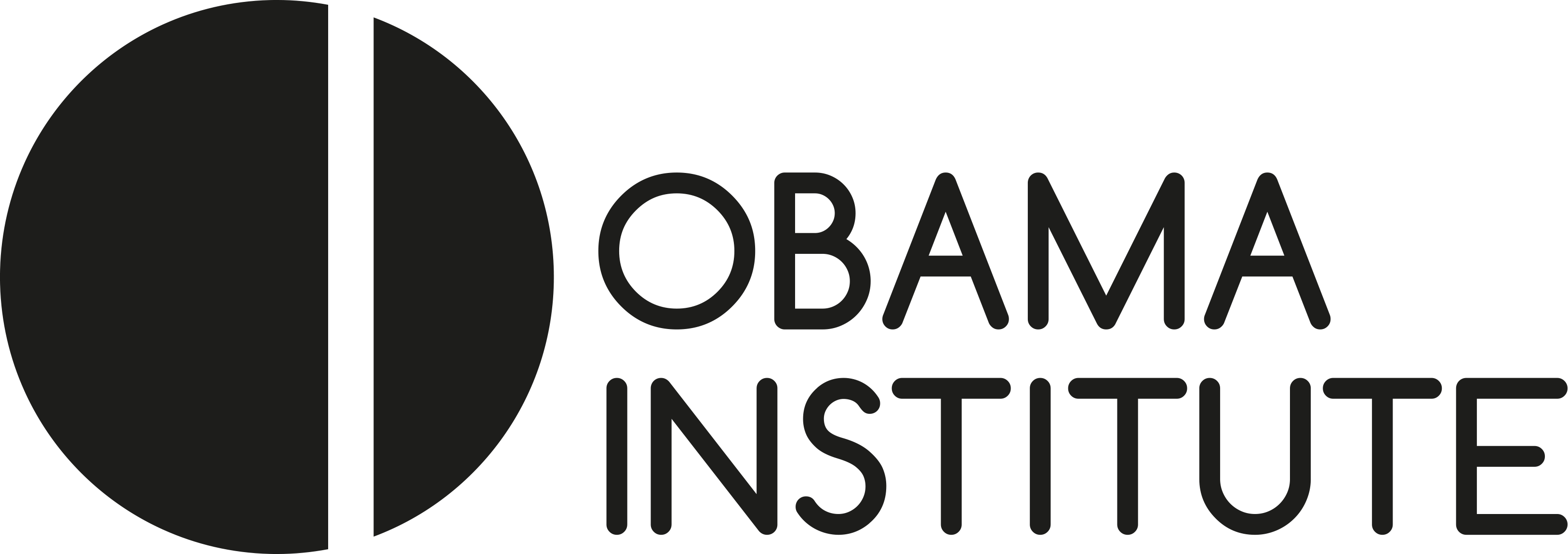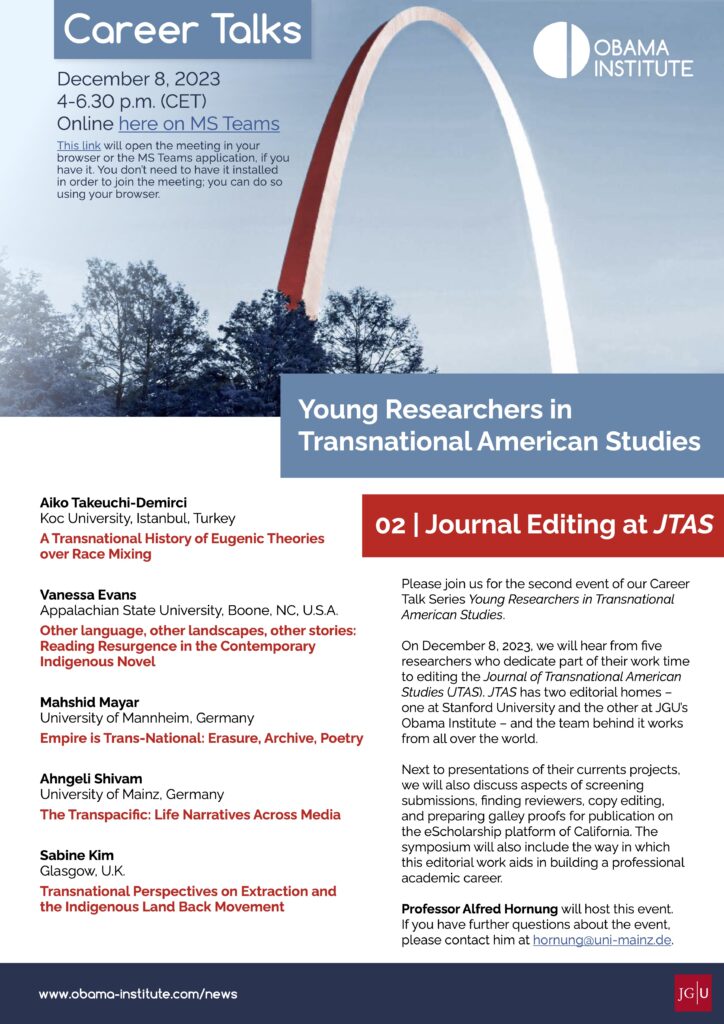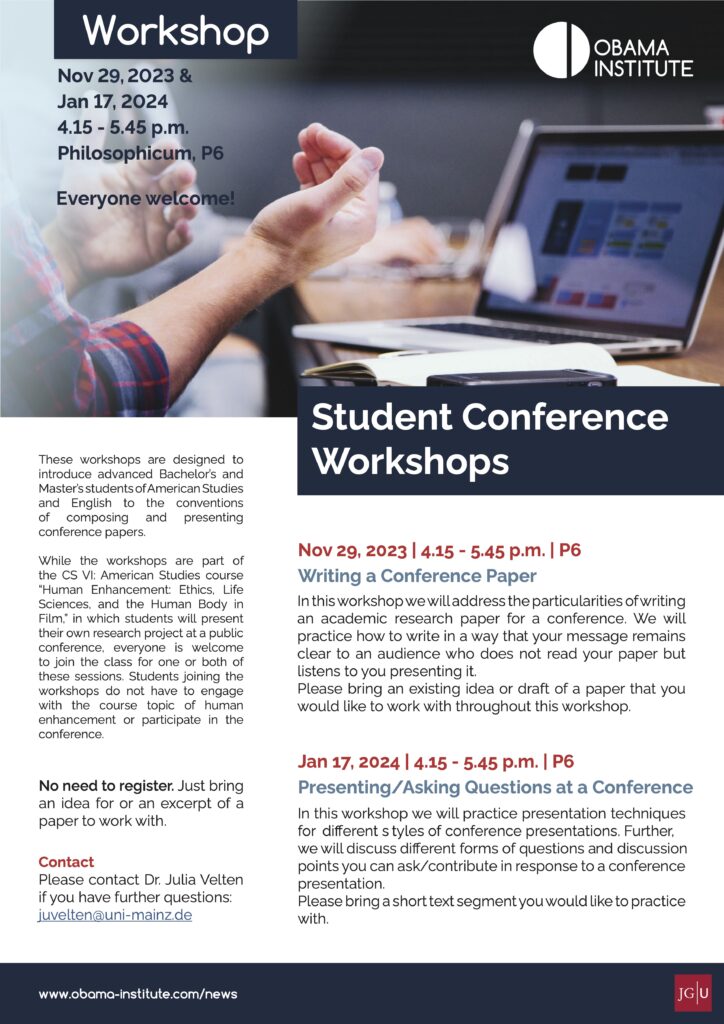
Jan 16 – Guest Lecture “twen. Zum Design von Literaturbeiträgen in einem Zeitgeistmagazin der frühen Bundesrepublik” 🗓
Philipp Pabst
(Universität Münster)
“twen. Zum Design von Literaturbeiträgen in einem Zeitgeistmagazin der frühen Bundesrepublik”
Jan 16, 2024, 4:15pm, 00-212 (Philo II)
Das Zeitgeistmagazin twen war in den 1960er-Jahren tonangebend in Fragen moderner Lebensführung für junge Menschen. Vor allem als Ikone des Zeitschriftendesigns ist die von Willy Fleckhaus gestaltete Zeitschrift noch heute bekannt. Weniger weiß man über die literarischen und literaturkritischen Beiträge, die einen festen Bestandteil in jedem Heft bildeten. Das ist insofern verwunderlich, da namhafte Autor:innen wie Alfred Andersch, Arno Schmidt, Simone de Beauvoir und Allen Ginsberg in twen publizierten. Der Vortrag geht diesem Bereich exemplarisch nach und fragt dabei, wie Literatur und Literaturkritik im Medium Zeitschrift in Szene gesetzt werden.
Dr. Philipp Pabst studierte Germanistik, Geschichte und Philosophie an der Universität Münster sowie der Universitá degli Studi di Napoli Federico II. 2019 Promotion mit einer Arbeit über das Populäre in der Literatur der frühen Bundesrepublik. Seitdem Postdoc am Germanistischen Institut der Universität Münster. Arbeitsschwerpunkte: Literatur und Populärkultur, kulturwissenschaftliche Zeitschriftenforschung, televisuelle Serialität sowie Weltanschauungen in der deutschsprachigen Literatur um 1800 und um 1900.
You can download the poster for the event here.








